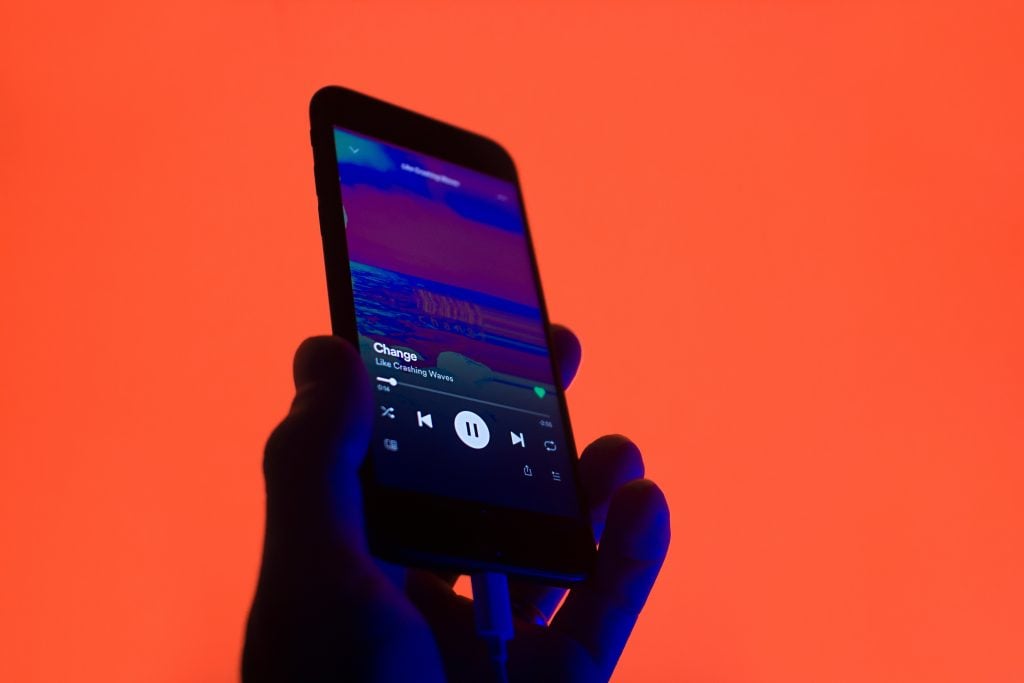AI-generated music is becoming increasingly popular as technology advances. With the use of machine learning algorithms and neural networks, AI can analyze large datasets of existing music and create new compositions based on patterns and structures found in the data. Since AI is capable of analyzing and creating music based on existing data, it is possible that AI-generated music could be seen as a derivative work and infringe upon the copyrights of the original composers. This raises questions about who owns the rights to the music created by AI, and whether AI can be considered a “creator” in its own right. Additionally, there is concern that this music could lead to a loss of jobs for human composers and musicians, as well as a potential loss of artistic expression and creativity. It is important for the music industry and legal system to address these ethical concerns and establish clear guidelines for the use and ownership of AI-generated music.

Universal Music seems to be doing just that, since it has called on streaming platforms like Spotify and Apple to prevent AI from using its copyrighted songs. The worry is that AI bots are using Universal Music’s songs to train themselves to make music that sounds like popular musicians. As a result, Universal Music Group is trying to take action to protect its copyrighted material from being used without its permission. This has led to debates over whether AI can create original works or whether it’s simply using pre-existing material to generate new songs. While AI-generated music has shown potential for creating new and exciting sounds, it’s important that the music industry addresses concerns around copyright infringement and ownership to ensure that artists and labels are fairly compensated for their work.
Many artists and musicians are slowly embracing AI technology as a tool for creativity and inspiration. However, since one of the major ethical dilemmas surrounding AI-generated music is the question of ownership and intellectual property, we will see more and more music labels coming forward to protect the intellectual rights associated with their artists in the future, that’s for sure.
RELATED:
- Spotify Introduces Niche Mixes, a Cool Way to Generate Personalized Playlists for Anything
- Apple Music is Going Classical
- Best Electric Bikes With The Fastest Speed in 2023
(Via)







